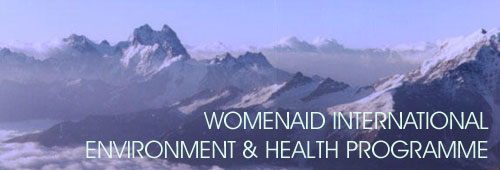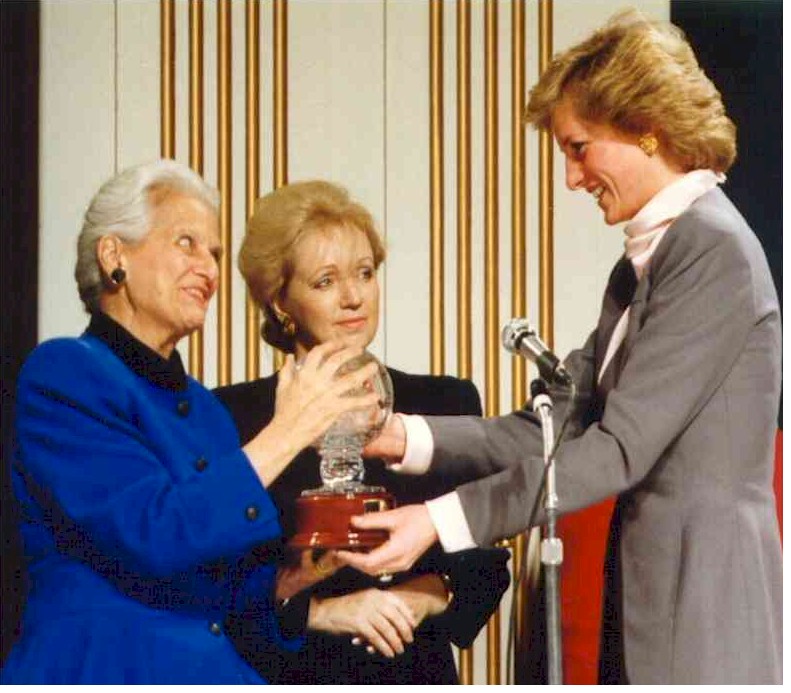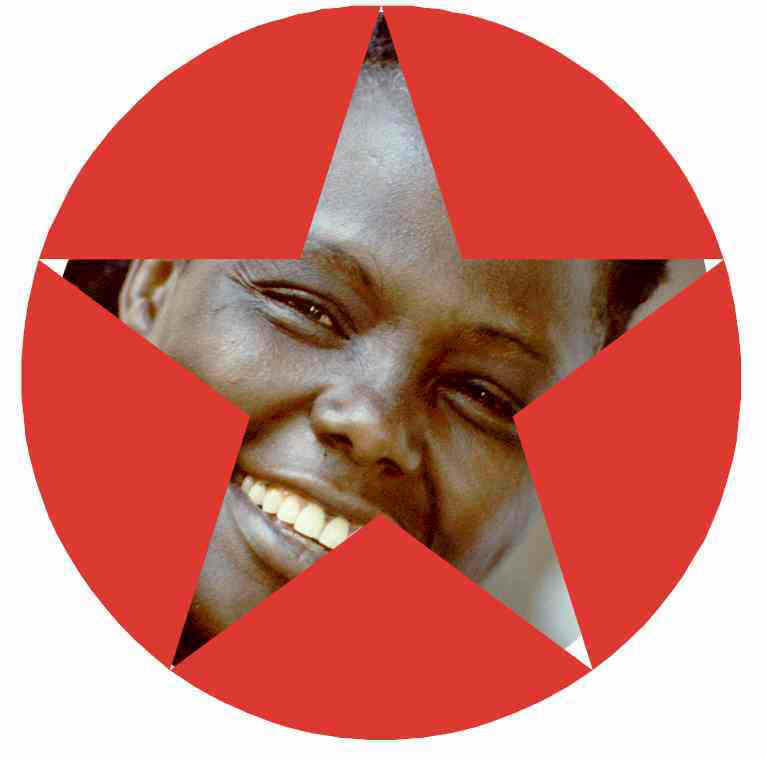CAUCASUS ZONE GREEN - CZG
People today are more aware of, and concerned about environmental issues, both local and global, than ever before. People want to know what they can do.
CAUCASUS ZONE GREEN takes place every year throughout the month of June in the Caucasus region and is a WomenAid International initiated ‘Environmental Protection Festival’ and multimedia environmental awareness campaign. Launched in 2001, the campaign invites the media to focus on the international and non-governmental organisations, companies, environmental activists and government structures and representatives, showcasing their ongoing environmental activities. The campaign will deepen and broaden, year on year, grass-root collaboration and cooperation on many environmental initiatives, activities and concerns, thereby strengthening public interest and environmental action.
CAUCASUS ZONE GREEN is a people’s ‘Call to Action’ promoting activities such as tree planting, green days, recycling and clean-up campaigns, street rallies, bicycle parades, green concerts, poetry, essay and poster competitions in schools as well as seminars, round table meetings and symposia.
CAUCASUS ZONE GREEN provides an opportunity for organisations and individuals to express their concerns and showcase their activities. It engages the interest of people of all ages and backgrounds in a common concern for the sustainability of our planet.
CAUCASUS ZONE GREEN is a Caucasus-wide multimedia programme to facilitate information exchange and collaboration between all sectors of civil society, promoting stakeholder and environmental stewardship values, to increase public awareness and knowledge of environmental issues and risks and disseminate information.
WHY A CAUCASUS ZONE GREEN?
Well-informed citizens who are actively involved in environmental decision-making are a powerful new force in achieving environmental results. People are demanding a stronger voice in the decisions made at the community, regional, national and international level that affect our health and quality of our environment. To be effective they need quality information they can use and understand as well as appropriate access to decision-makers to be able to express their views.
The European Union 6th Environmental Action Plan aims to guarantee transparency and access to information, to encourage debate and to spread and distribute information.
A key goal of WomenAid International is to act as a catalyst for policy and legislative change. To introduce greater environmental awareness, engage civil society and ‘seed’ voluntary community action in Georgia, Armenia and Azerbaijan WomenAid has launched the CZG campaign as a mechanism for securing action at all levels. It will expand public participation and awareness of environmental and related health risks, improve access to environmental information and increase participation in environmental decision-making in Armenia, Azerbaijan and Georgia. CZG supports the objectives of the EU 6th Environmental Action Plan and utilizes the empowering principles of the Aarhus Convention.
Public participation and access to information are increasingly recognized as essential elements in making the necessary transition towards environmentally sound, health-enhancing and sustainable forms of development. Effective communications with the public and active dissemination of information are essential elements in the development and implementation of environment and health [EH] policies. Under the Aarhus Convention, the Community and Member State institutions signed up to a series of commitments regarding improved transparency, access to environmental information, and public participation in environmental decision-making.
With the aim of changing the behaviour of citizens, the 6th European Action Plan (EAP) wants to guarantee transparency and access to information, to organise debates in order to get feedback and to spread and distribute information. Adopting a more strategic approach, the 6th EAP calls for active involvement and accountability of all sections of society in the search for innovative, workable and sustainable solutions to environmental problems and seeks innovative instruments for meeting complex environmental challenges. The 6th EAP emphasises the importance of working with stakeholders and recognises that a wider constituency must be addressed and a more participatory approach to policy making be adopted. WomenAid supports those goals.
‘Human beings are at the centre of concerns for sustainable development. They are entitled to a healthy and productive life in harmony with nature.’ Rio Declaration 1992.
JOIN THE CAUCASUS ZONE GREEN (CZG) AND BECOME PART OF A POWERFUL ENVIRONMENTAL MOVEMENT!
HOW WE WILL WORK TOGETHER
CAUCASUS ZONE GREEN is being developed in each country using the WomenAid ‘network platform’ concept, bringing representatives from INGO/NGOs with a focus on environment, health and civil society development issues, UN agencies, government departments, professional institutions and the media together as a collaborative group. CZG encourages all parties to plan and host environmental activities throughout the month of June annually. A CZG CALENDAR is published promoting hundreds of events including Round Table Dialogues series, workshops, seminars, clean-up days, school and university activities and other various events taking place in the three countries. Press and media partners have expressed their commitment to highlight the CZG campaign and publish articles on challenging environmental issues. Special radio programmes and TV talk shows will highlight environment and health related issues and provide an opportunity for listeners to question experts and engage in open dialogue.
WomenAid International-Caucasus has introduced an annual hour long radio lecture to mark the 5th June, World Environment Day. Additionally it is supporting the development of the Georgian Draft National Environmental Health Action Plan (NEHAP)
People are demanding a stronger voice in the decisions made at the community, regional, national and international level that affect our health and the quality of our environment. To be effective they need quality information that they can use and understand and they need the appropriate access to decision-makers to be able to express their views.
DRAMATIC WARNING ON FORTHCOMING WATER SCARCITY
Over the next twenty years, the average supply of water worldwide
per person is expected to drop by a third.
‘Of all the social and natural crises we human face, the water crisis is the one that lies at the heart of our survival and that of our planet Earth. No region will be spared from the impact of this crisi that touches every facet of life, from the health of children to the ability of nations to secure food for their citizens. Water supplies are falling while the demand is dramatically growing at an unsustainable rate.’
UNESCO Director-General Koichiro Matsuura.
‘Inertia at the leadership level’ means that the global water crisis will reach unprecedented levels in the years ahead with ‘growing per capita scarcity of water in many parts of the developing world.’ Water resources will steadily decline because of population growth, pollution and expected climate change.
Water for People, Water for Life. World Water Development Report.
WOMENAID ENVIRONMENTAL ACTION INCLUDES
WomenAid International (WAI) has a long history of environmental action and awareness campaigning - its ‘Mothers of the Earth’ environmental awareness campaign promoting the environmental work of women led to WomenAid International/Green Belt being awarded recognition in the 1987 UNEP Global 500 Awards.http://www.global500.org/index.php/thelaureates/online-directory/item/715-greenbelt-movement-womenaid-international
“It is so important to have groups like yours helping raise awareness of the need for integration of trees in the environment and of women’s current and potential role in resource management.”
C.H. Murray, Assistant Director-General, Forestry Department, UN Food & Agricultural Organization
WomenAid international (WAI) is sponsoring a range of environmental activities in the Caucasus, being implemented by its regional partner organisation, WomenAid International - Caucasus (WAI-C). The Environmental and Health Network Platform gathers a broad coalition of key stakeholders to develop strategies that increase public awareness of environmental issues and health linkages, thereby fostering more enlightened attitudes and encouraging the public to contribute actively towards a better and sustainable environment. The revision and amendment of environmental and health legislation is actively encouraged by WomenAid International.







